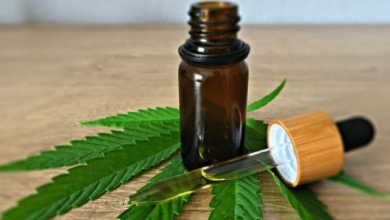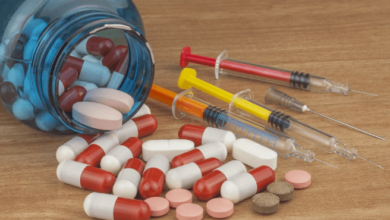The Effectiveness of Different Treatment Options for Alcohol and Drug Addiction

Alcohol and drug addiction are serious health conditions that can have a devastating impact on individuals and their families. However, there are a variety of treatment options available to those who are struggling with addiction. In this article, we’ll look at how well different ways of treating alcohol and drug addiction work.
Medications
There are several medications that can be used to help individuals overcome addiction. For example, naltrexone and acamprosate are medications that can help reduce cravings for alcohol, while methadone and buprenorphine can be used to help individuals addicted to opioids. Medications can be highly effective in reducing the symptoms of addiction, but they are often used in combination with other treatment options, such as therapy and support groups.
Visit: www.sevenarrowsrecoveryarizona.com
Behavioural Therapy
Behavioral therapy is a type of therapy that focuses on helping individuals change their behavior. This can include techniques such as cognitive-behavioral therapy (CBT), which helps individuals identify and change negative thoughts and behaviors that are associated with addiction. Other types of behavioral therapy include motivational interviewing, which helps individuals identify the reasons why they want to change their behavior, and contingency management, which uses rewards and incentives to encourage individuals to maintain sobriety.
Support Groups
Support groups are an important part of addiction treatment. They provide a sense of community and support for individuals who are struggling with addiction. These groups can be a great way for individuals to connect with others who are going through similar experiences, and they can provide a sense of accountability and motivation to maintain sobriety. Some popular support groups include Alcoholics Anonymous (AA) and Narcotics Anonymous (NA).
Residential Rehabilitation
Residential rehabilitation is a type of treatment that involves staying in a facility for a period of time, usually between 30 and 90 days. During this time, individuals receive a combination of therapy, counseling, and support in a structured and safe environment. This type of treatment can be especially beneficial for individuals who have a severe addiction, or those who have had difficulty maintaining sobriety in the past.
Outpatient Treatment
Outpatient treatment is a type of treatment that does not involve staying in a facility. Instead, individuals receive therapy and counseling on an outpatient basis, usually on a weekly or bi-weekly basis. This type of treatment can be beneficial for individuals who are not able to take time off work or who have family obligations that make it difficult to participate in residential treatment.
Conclusion
Alcohol and drug addiction are serious health conditions that require professional treatment. There are a variety of treatment options available, including medications, behavioral therapy, support groups, residential rehabilitation, and outpatient treatment. Each individual is unique and therefore different treatment options may be more effective for one individual than another. It is important to work with a medical professional to determine the best course of treatment for you or your loved one. With the right treatment, recovery is possible and individuals can regain control of their lives.




